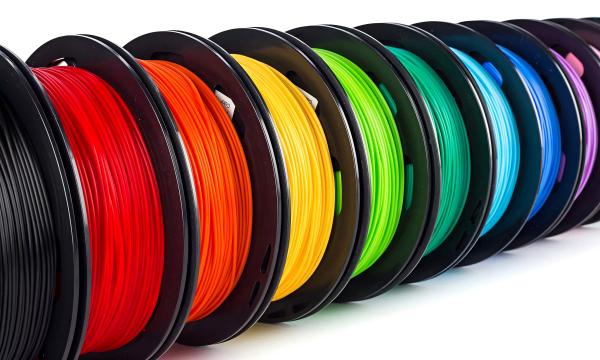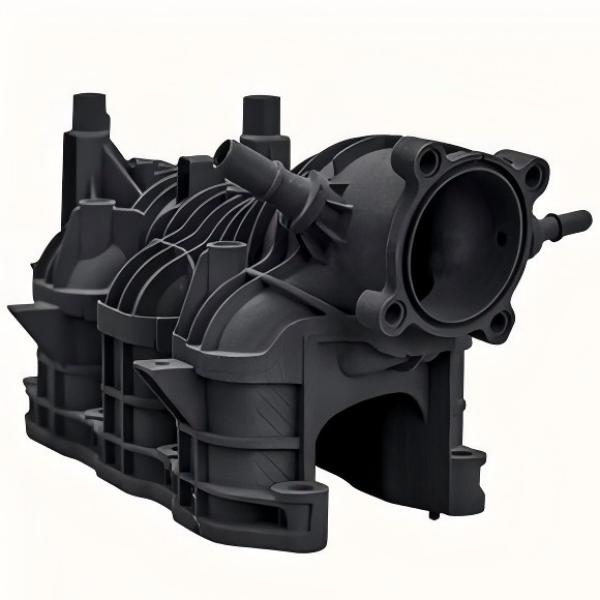Compare 3D Printing Materials
Explore and compare 3D printing materials to find the best fit for your project. From durable plastics to flexible resins, our guide highlights key properties like strength, flexibility, and surface finish, helping you choose the right material for prototyping, production, or custom parts.
PETG
Process: FDM
Durability, Strength
PETG (Polyethylene Terephthalate Glycol) is a 3D printing material that combines strength and toughness, offering the advantages of PLA’s ease of printing and ABS’s durability. It has excellent impact resistance and chemical stability, along with good transparency and a smooth surface finish. PETG has high-temperature resistance, making it ideal for producing functional parts, mechanical components, and durable prototypes. During printing, it experiences minimal shrinkage and warping, making it a reliable choice for home, education, and industrial applications.
PA-Like
Process: SLS or MJF
Durability, Temperature Resistant
Nylon is a high-performance engineering polymer with well-balanced properties. It offers high strength, excellent toughness, and outstanding wear resistance, along with superior chemical resistance and thermal stability, ensuring reliable performance even under demanding conditions. Thanks to its lightweight and high reliability, nylon materials are widely used in automotive, medical, aerospace, and consumer products, making them an ideal choice for applications requiring both functionality and durability.



